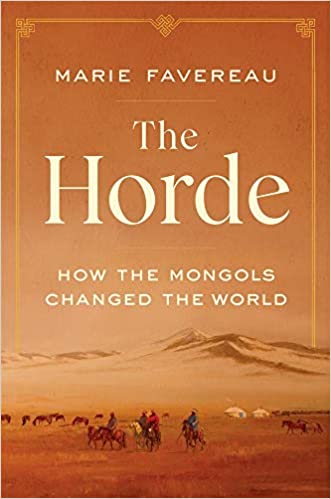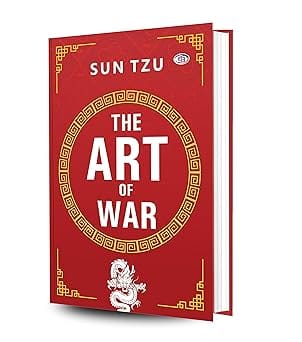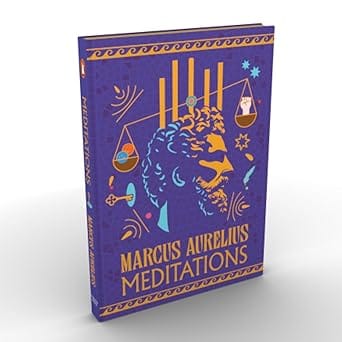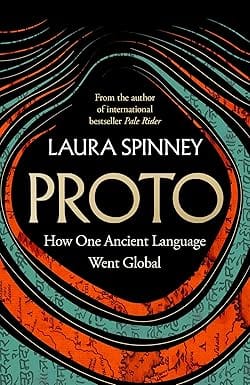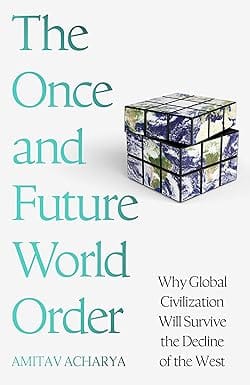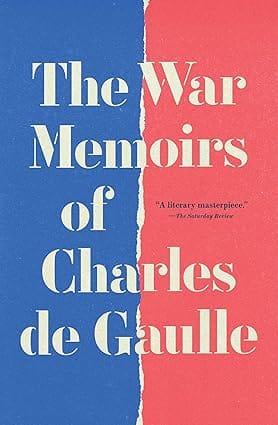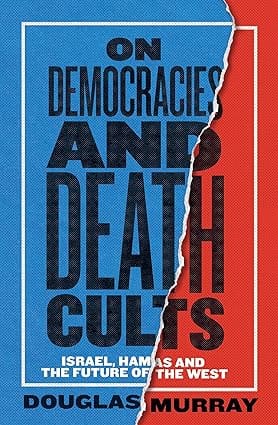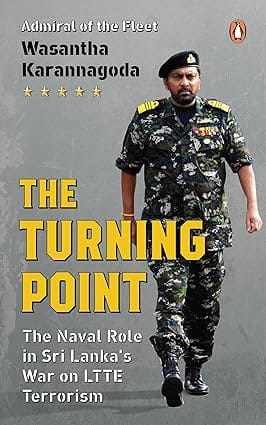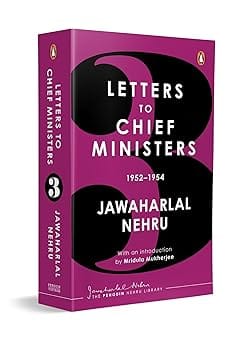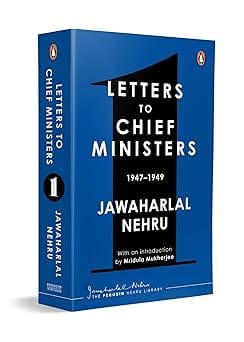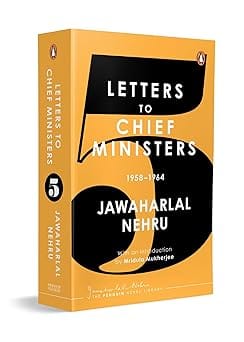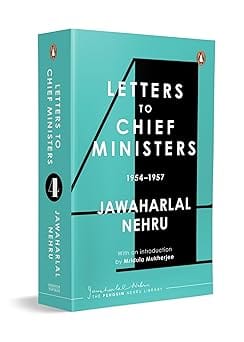- Contemporary Fiction
- Contemporary Fiction
- Children
- Children
- Comics & Graphic Novels
- Comics & Graphic Novels
- Non-Fiction
- Non-Fiction
- Fiction
- Fiction
An epic history of the Mongols as we have never seen them―not just conquerors but also city builders, diplomats, and supple economic thinkers who constructed one of the most influential empires in history.
The Mongols are widely known for one thing: conquest. In the first comprehensive history of the Horde, the western portion of the Mongol empire that arose after the death of Chinggis Khan, Marie Favereau shows that the accomplishments of the Mongols extended far beyond war. For three hundred years, the Horde was no less a force in global development than Rome had been. It left behind a profound legacy in Europe, Russia, Central Asia, and the Middle East, palpable to this day.
Favereau takes us inside one of the most powerful sources of cross-border integration in world history. The Horde was the central node in the Eurasian commercial boom of the thirteenth and fourteenth centuries and was a conduit for exchanges across thousands of miles. Its unique political regime―a complex power-sharing arrangement among the khan and the nobility―rewarded skillful administrators and diplomats and fostered an economic order that was mobile, organized, and innovative. From its capital at Sarai on the lower Volga River, the Horde provided a governance model for Russia, influenced social practice and state structure across Islamic cultures, disseminated sophisticated theories about the natural world, and introduced novel ideas of religious tolerance.
The Horde is the eloquent, ambitious, and definitive portrait of an empire little understood and too readily dismissed. Challenging conceptions of nomads as peripheral to history, Favereau makes clear that we live in a world inherited from the Mongol moment.
Review
The Mongols have been ill-served by history, the victims of an unfortunate mixture of prejudice and perplexity…The Horde flourished, in Favereau’s fresh, persuasive telling, precisely because it was not the one-trick homicidal rabble of legend. ― Wall Street Journal
Fascinating…The Mongols were a sophisticated people with an impressive talent for government and a sensitive relationship with the natural world…An impressively researched and intelligently reasoned book that will be welcomed by historians of the Mongol Empire. -- Gerard DeGroot ― The Times
A major achievement: it is thorough, accurate and complex, yet also accessible to a broad readership. Her blow-by-blow account of Mongol life and politics as one ruler falls and another rises is the most complete we have. Even better, the book is not solely focused on the Mongols. Favereau is an integrative historian committed to showing how the Horde influenced other peoples and shaped world history…Readers will enjoy the richness and clarity of The Horde. -- Timothy Brook ― Literary Review
It is far too often forgotten that Asia’s nomadic empires, from the Sogdians and Huns through the Parthians and Seljuks, were key drivers of greater Asia’s rich cultural diversity. This extraordinary book vividly details how the nomadic Mongols operated the largest empire of the premodern world, through practices that continue to shape today’s world. -- Parag Khanna, author of The Future Is Asian
A deeply compelling, sympathetic, and highly engaging account of how the Horde was created and of its lasting impact on the evolution of what we now call ‘globalization.’ Favereau’s book will transform our understanding of world history. -- Anthony Pagden, author of Worlds at War
Favereau’s detailed and objective account of the Mongol conquest and rule of Russia rescues the era from dark neglect and prejudice to reveal its powerful positive and negative influences in shaping modern Eurasia. This highly readable and deeply informed work fills in one of history’s important missing chapters. -- Jack Weatherford, author of Genghis Khan and the Quest for God
Combining material and textual sources, Favereau has written the best book on the Jochid Khanate: the first to see events resolutely from a Jochid perspective, without foreclosing on the vast contexts that bind the history of the Horde to that of Eurasia and the world. -- Felipe Fernández-Armesto, author of Pathfinders
In this riveting book, Favereau shows how the most enduring descendants of Chinggis Khan’s Mongol imperium―the Western or ‘Golden’ Horde―fashioned an exceptionally resilient imperial system with far-reaching influence in western Eurasia. She has challenged us to think afresh about how mobility and empire can be fused into dynamic political and cultural forms. -- John Darwin, author of After Tamerlane
Eye-opening…A meaningful corrective to popular misconceptions about Mongols’ role in world history. ― Publishers Weekly
Rather than being the murderous mob depicted in film and popular history, the Mongol horde, this book reveals, was a complex Euro-Asian culture…[Favereau] dispels the myth that it was just a rampaging mass of warriors; it possessed great governing skills, was adept at social relationships, and remained a major force on the Eurasian landmass until it began to withdraw eastward after the Black Death. ― Kirkus Reviews
About the Author
The Horde: How the Mongols Changed the World
SIZE GUIDE
- ISBN: 9780674244214
- Author: Marie Favereau
- Publisher: Harvard University Press
- Pages: 384
- Format: Hardback
Book Description
An epic history of the Mongols as we have never seen them―not just conquerors but also city builders, diplomats, and supple economic thinkers who constructed one of the most influential empires in history.
The Mongols are widely known for one thing: conquest. In the first comprehensive history of the Horde, the western portion of the Mongol empire that arose after the death of Chinggis Khan, Marie Favereau shows that the accomplishments of the Mongols extended far beyond war. For three hundred years, the Horde was no less a force in global development than Rome had been. It left behind a profound legacy in Europe, Russia, Central Asia, and the Middle East, palpable to this day.
Favereau takes us inside one of the most powerful sources of cross-border integration in world history. The Horde was the central node in the Eurasian commercial boom of the thirteenth and fourteenth centuries and was a conduit for exchanges across thousands of miles. Its unique political regime―a complex power-sharing arrangement among the khan and the nobility―rewarded skillful administrators and diplomats and fostered an economic order that was mobile, organized, and innovative. From its capital at Sarai on the lower Volga River, the Horde provided a governance model for Russia, influenced social practice and state structure across Islamic cultures, disseminated sophisticated theories about the natural world, and introduced novel ideas of religious tolerance.
The Horde is the eloquent, ambitious, and definitive portrait of an empire little understood and too readily dismissed. Challenging conceptions of nomads as peripheral to history, Favereau makes clear that we live in a world inherited from the Mongol moment.
Review
The Mongols have been ill-served by history, the victims of an unfortunate mixture of prejudice and perplexity…The Horde flourished, in Favereau’s fresh, persuasive telling, precisely because it was not the one-trick homicidal rabble of legend. ― Wall Street Journal
Fascinating…The Mongols were a sophisticated people with an impressive talent for government and a sensitive relationship with the natural world…An impressively researched and intelligently reasoned book that will be welcomed by historians of the Mongol Empire. -- Gerard DeGroot ― The Times
A major achievement: it is thorough, accurate and complex, yet also accessible to a broad readership. Her blow-by-blow account of Mongol life and politics as one ruler falls and another rises is the most complete we have. Even better, the book is not solely focused on the Mongols. Favereau is an integrative historian committed to showing how the Horde influenced other peoples and shaped world history…Readers will enjoy the richness and clarity of The Horde. -- Timothy Brook ― Literary Review
It is far too often forgotten that Asia’s nomadic empires, from the Sogdians and Huns through the Parthians and Seljuks, were key drivers of greater Asia’s rich cultural diversity. This extraordinary book vividly details how the nomadic Mongols operated the largest empire of the premodern world, through practices that continue to shape today’s world. -- Parag Khanna, author of The Future Is Asian
A deeply compelling, sympathetic, and highly engaging account of how the Horde was created and of its lasting impact on the evolution of what we now call ‘globalization.’ Favereau’s book will transform our understanding of world history. -- Anthony Pagden, author of Worlds at War
Favereau’s detailed and objective account of the Mongol conquest and rule of Russia rescues the era from dark neglect and prejudice to reveal its powerful positive and negative influences in shaping modern Eurasia. This highly readable and deeply informed work fills in one of history’s important missing chapters. -- Jack Weatherford, author of Genghis Khan and the Quest for God
Combining material and textual sources, Favereau has written the best book on the Jochid Khanate: the first to see events resolutely from a Jochid perspective, without foreclosing on the vast contexts that bind the history of the Horde to that of Eurasia and the world. -- Felipe Fernández-Armesto, author of Pathfinders
In this riveting book, Favereau shows how the most enduring descendants of Chinggis Khan’s Mongol imperium―the Western or ‘Golden’ Horde―fashioned an exceptionally resilient imperial system with far-reaching influence in western Eurasia. She has challenged us to think afresh about how mobility and empire can be fused into dynamic political and cultural forms. -- John Darwin, author of After Tamerlane
Eye-opening…A meaningful corrective to popular misconceptions about Mongols’ role in world history. ― Publishers Weekly
Rather than being the murderous mob depicted in film and popular history, the Mongol horde, this book reveals, was a complex Euro-Asian culture…[Favereau] dispels the myth that it was just a rampaging mass of warriors; it possessed great governing skills, was adept at social relationships, and remained a major force on the Eurasian landmass until it began to withdraw eastward after the Black Death. ― Kirkus Reviews
About the Author
User reviews
NEWSLETTER
Subscribe to get Email Updates!
Thanks for subscribing.
Your response has been recorded.

India's Iconic & Independent Book Store offering a vast selection of books across a variety of genres Since 1978.
"We Believe In The Power of Books" Our mission is to make books accessible to everyone, and to cultivate a culture of reading and learning. We strive to provide a wide range of books, from classic literature, sci-fi and fantasy, to graphic novels, biographies and self-help books, so that everyone can find something to read.
Whether you’re looking for your next great read, a gift for someone special, or just browsing, Midland is here to make your book-buying experience easy and enjoyable.
We are shipping pan India and across the world.
For Bulk Order / Corporate Gifting
 +91 9818282497 |
+91 9818282497 |  [email protected]
[email protected]
Click To Know More
INFORMATION
QUICK LINKS
ADDRESS
Shop No.20, Aurobindo Palace Market, Near Church, New Delhi

